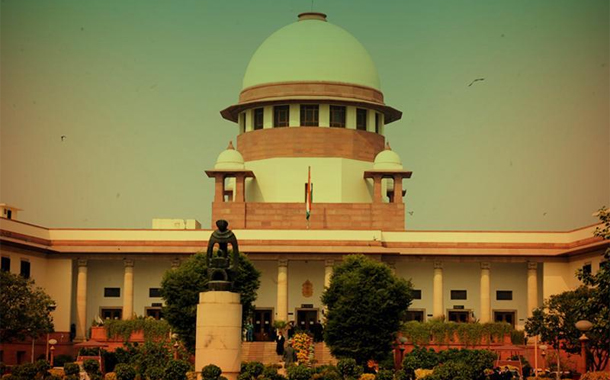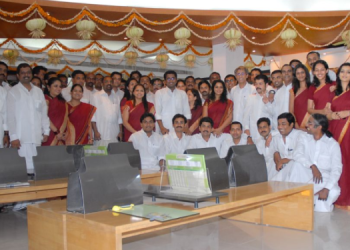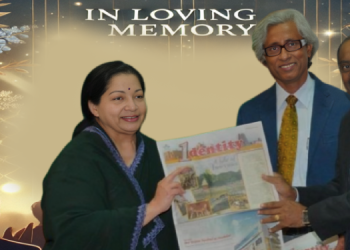New Delhi: Ruling in favour of the Telecom Regulatory Authority of India’s new tariff order for broadcast sector, Supreme Court has dismissed the petition filed by Star India and Vijay Television, challenging the Madras High Court order which had upheld the TRAI tariff order and interconnection regulation.
After hearing the arguments from all the parties involved in the civil appeal filed by Star India and Vijay Television challenging the Madras High Court order allowing the TRAI tariff order and interconnect regulation, the SC had reserved the judgement in the matter on 11th October 2018.
After a split verdict in the matter, the third judge of Madras High Court had in an order on 23rd May upheld the then Chief Justice Indira Banerjee’s order allowing the TRAI’s tariff order and the interconnection regulation for the TV broadcasting sector.
The SC bench of Justice Rohinton FaliNariman and Justice NavinSinha was hearing the appeal that was earlier comprising of Justice Rohinton and Justice InduMalhotra. The apex court had issued notices to the Department of Industrial Policy and Promotion (DIPP) and TRAI and had asked them to file counter affidavit within four weeks.
Star has challenged TRAI’s jurisdiction to frame the tariff order contending that the exploitation of intellectual property (IP) rights are covered under Copyright Act.
The broadcaster has also challenged the TRAI press release informing about the implementation of the regulatory framework from 3rd July, in which TRAI had stated that the tariff order, interconnection regulations, and quality of service (QoS) norms have come into effect from 3rd July. On its part, the authority had stated it has complied with the judicial mandates as the Madras High Court has upheld the tariff order and the interconnection regulations.
TRAI has mandated all the service providers to comply with all the provisions of the regulations and tariff order afresh as per the Telecommunication (Broadcasting and Cable) Services (Eighth) (Addressable Systems) Tariff Order, 2017. The order prompts broadcasters to declare the MRP and nature of channels within 60 days; distribution platform operators (DPOs) have to declare network capacity fee and distribution retail price (DRP) within 180 days and reporting by broadcasters within 120 days.
It also mandates publication of Reference Interconnect Offer (RIO) by Broadcasters within 60 days; Publication of Reference Interconnect Offer (RIO) by DPOs within 60 days and signing of the interconnection agreements within 150 days.Under the Telecommunication (Broadcasting and Cable) Services Standards of Quality of Service and Consumer Protection (Addressable Systems) Regulations, 2017, subscribers have to migrate to the new framework within 180 days, the establishment of customer care centre, website, consumer care channel and publication of manual of practice within 120 days.
While, Most of the other pay-TV broadcasters have published their RIOs subject to the outcome of the case.Star India is yet to file its reference interconnect offer (RIO) declaring MRP and bouquet rates. The verdict prompts Star India to gear up for the MRP regime with immediate effect.

Shri. Subhash Chandra, Pioneer of India’s Private Satellite Television Industry and Chairman, ZEE & Essel Group said, “I am extremely glad to note the Supreme Court’s order and I think it is THE best thing that could have happened to the industry, the players in the value chain and the consumers at large. We at ZEE & Essel Group have always focused on keeping our consumers as our first priority and I am very glad that the Supreme Court’s order has empowered the consumers across the nation. While the overall media & entertainment landscape has been evolving at a rapid pace, it is for the first time in 26 years that such a strong & positive step has been taken to eradicate the lack of transparency in the entire value chain of the broadcast & cable industry. It will certainly help the LCOs, MSOs and the Broadcasters.”

















